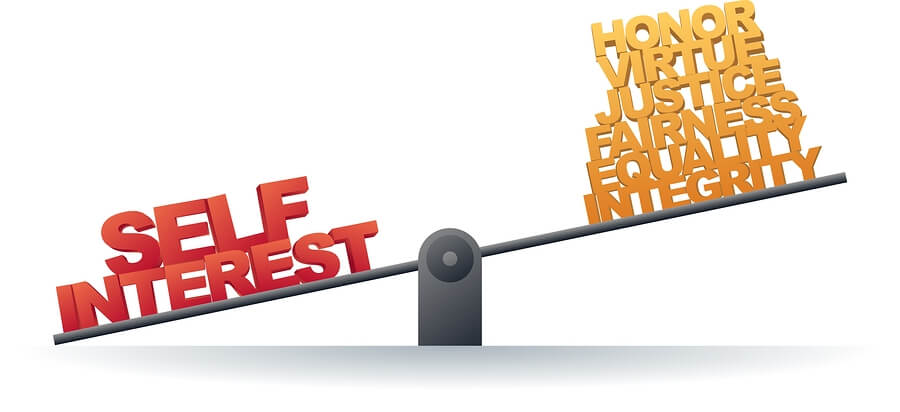Ego or Leadership?

Is ego (or even a big ego) a bad thing? Not necessarily. Leaders have to have confidence – a strong sense of self, in order to inspire others and get others to follow them. The issue is whether you have a healthy ego. An unhealthy ego is characterized by counterproductive behaviors. Unhealthy egos usually are a combination of false pride and actual insecurity. This results in not listening, not collaborating, bullying, obsessing about results, acting emotionally not rationally, and generally being a pain to those around you!
People with a healthy ego have an objective awareness of themselves – they know their own limitations, flaws, and quirks and how to take care of themselves physically and emotionally. They can consider alternatives and listen to others. They care about others (not just themselves), want the best for people around them, and enjoy the successes of others. They are confident, but appropriately so – balanced with humility. A leader with a healthy ego admits mistakes and learns from mistakes. In fact, leaders with healthy egos are very committed to learning – they don’t think they already know everything.
There are a lot of narcissists in leadership. We’ve all encountered them, and they are unlikely to change. But even psychologically healthy people can get carried away with power and take their behavior to extremes – artificial highs and lows.
Good leaders take the time to step back and observe themselves, ask others for feedback, and make sure they stay on track with a healthy ego, reflected in how they behave in the workforce. And, a healthy ego makes for a happier, healthier leader!

























